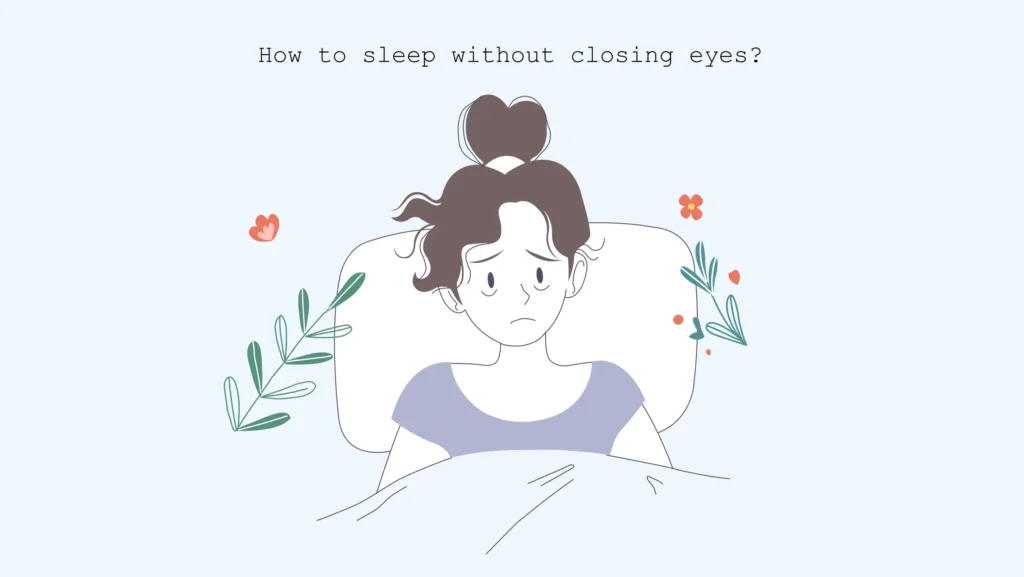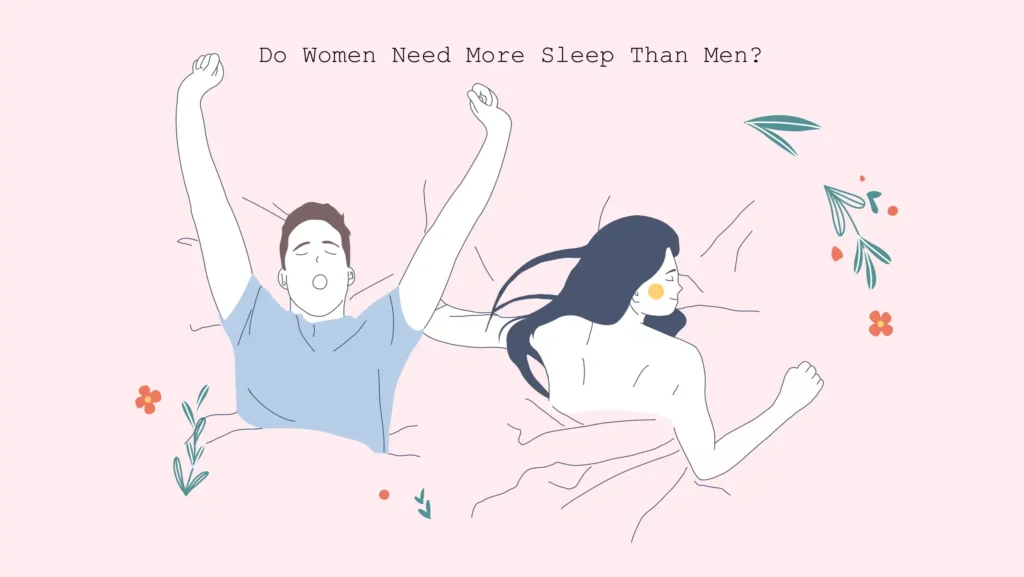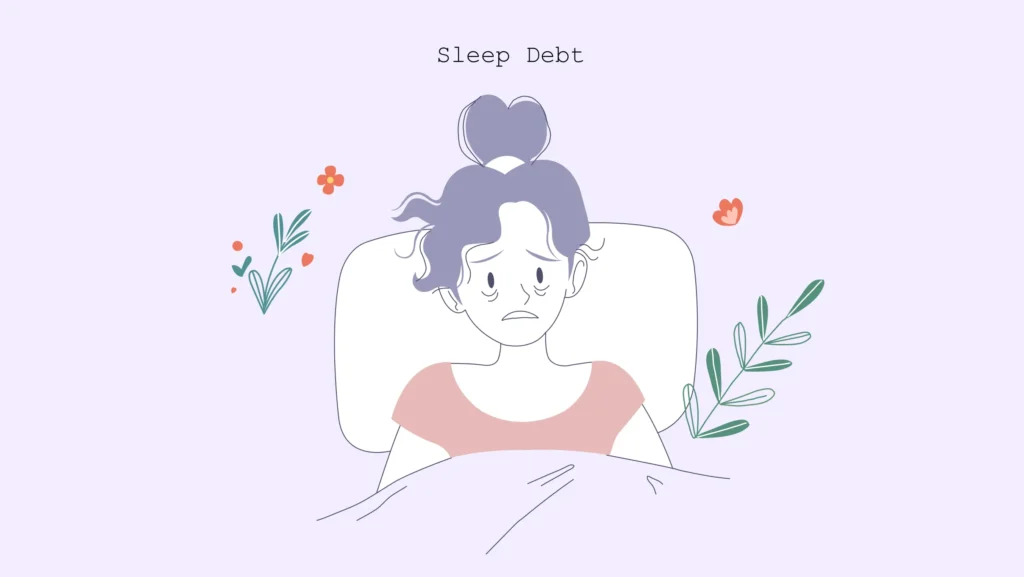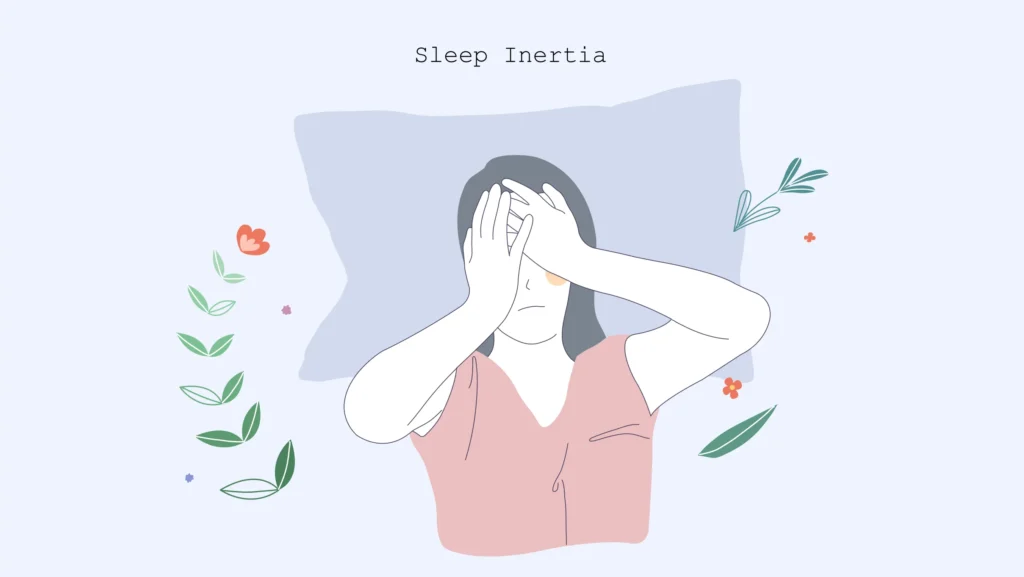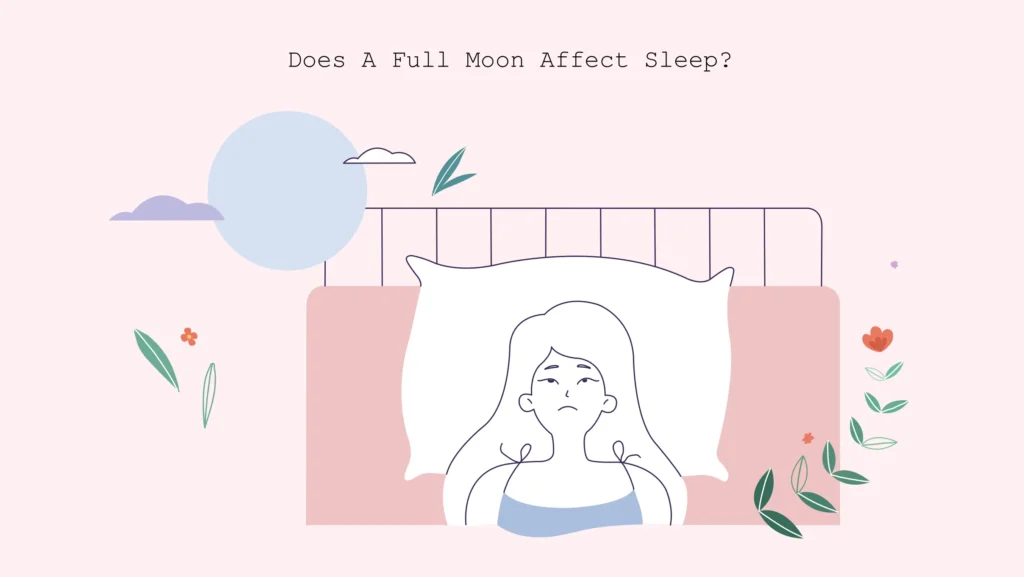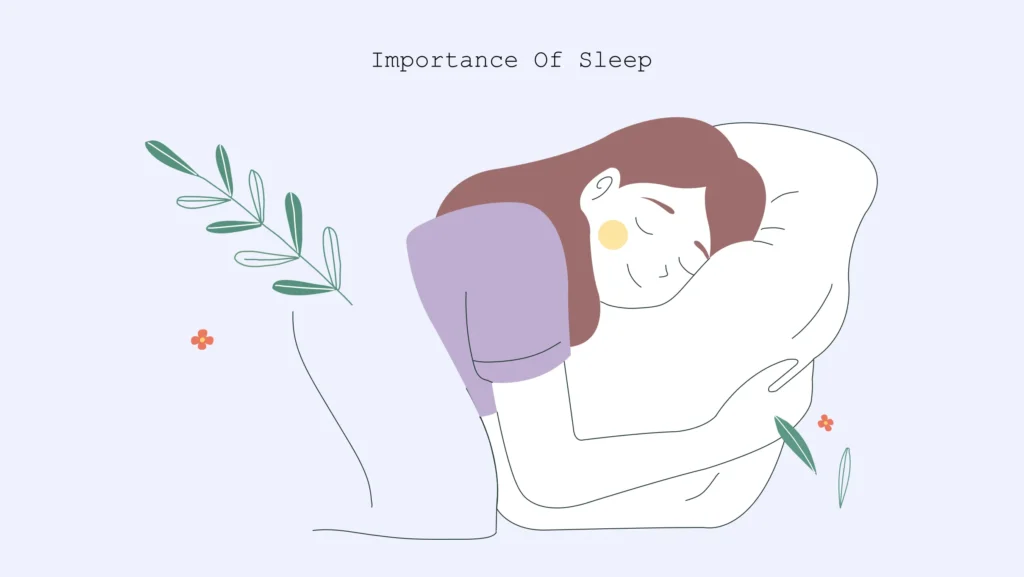Is 6 hours of sleep enough: How Much Sleep Do You Need By Age
Written by

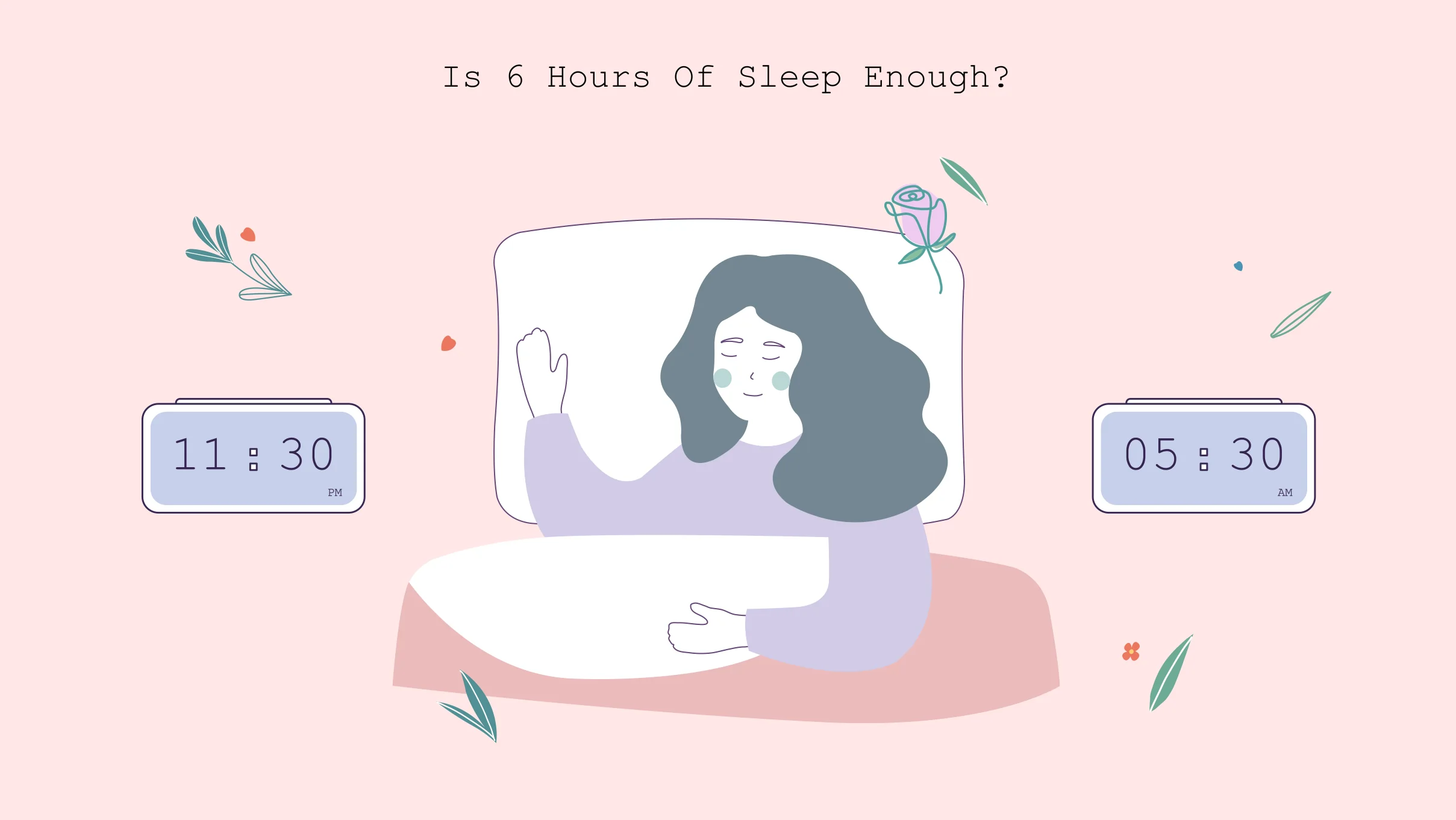
According to sleep specialists, adults should sleep for at least seven hours per night, if not more. The quality of your nighttime sleep directly impacts your mental and physical health and how well you feel the next day. According to the Great Indian Sleep Scorecard (GISS) 2022 released by Wakefit, over 59% of people went to bed past the ideal bedtime of 11 pm.
Is 6 hours of sleep enough? Why is sleep important? What happens when you don’t get enough sleep? In this guide, we try to decode all the sleep facts and get the right perspective of how much sleep you need.
How Much Sleep Do You Need Based On Your Age
According to the new guidelines shared by the National Sleep Foundation, here are the recommended average hours of sleep by age.
| Age | Recommended Hours |
|---|---|
| Newborns (0-3 months) | 14 to 17 hours |
| Infants (4-12 months) | 12 to 15 hours |
| Toddlers (1-2 years) | 11 to 14 hours |
| Preschoolers (3-5 years) | 10 to 13 hours |
| School children (6-12 years) | 9 to 11 hours |
| Teenagers (13-17 years) | 8 to 10 hours |
| Young Adults (18-25 years) | 7 to 9 hours |
| Adults (26-64 years) | 7 to 9 hours |
| Older Adults (65 years onwards) | 7 to 8 hours |
Let us make three broad categories based on age and understand the recommended average sleep time based on that.
Kids
How much sleep do kids need? Newborns to school children can be grouped under this category. The table shows the recommended and appropriate sleep times for each age group. Nevertheless:
- Newborns and infants must sleep for 14 hours and 12 hours, respectively, every 24 hours
- Toddlers should sleep for at least 11 hours a day
- Preschoolers should not sleep less than 10 hours every day
- School children should sleep for a minimum of 9 hours per day
Teens
How much sleep do teens need? If you are a teenager, you should sleep for at least 8 hours every day to avoid the adverse effects you see when you don’t get enough sleep.
Adults
How much sleep do adults need? People over the age of 18 can be divided into three categories. Young adults, adults and older adults should take a minimum of 7 hours of sleep every day.
Is 6 Hours of Sleep Enough?
While some people can work effectively on six hours of sleep, it is simply insufficient for most people. Every night, a healthy adult needs 7 to 9 hours of sleep.
Furthermore, the answer to how many hours of sleep is sufficient varies significantly from person to person. Some people can work well on 4 hours of sleep or 5 hours of sleep, while others require more than 8 hours.
It’s not simply the number of hours you sleep that matters; it’s also the quality of those sleep hours. If you are sleeping the recommended hours but are still facing difficulties getting up in the morning, it may be because you are not getting enough REM sleep.
Stages of Sleep
The sleep cycle is divided into four stages, each with intricate processes. It determines your typical sleep time. Each sleep cycle length is around 90 minutes. To feel energetic and revitalised, an average adult must go through four to six sleep cycles per 24 hours.
The first three sleep cycle stages are non-rapid eye movement sleep (NREM). The first two stages are light sleep, where your body and mind relax.
Stage 1: Here, your body does not completely relax. You begin to nod off, but it is simple to wake you up. This stage lasts approximately 5-10 minutes.
Stage 2: In this stage, your heart rate lowers, and your body temperature falls as your body begins to prepare for deep sleep.
Stage 3: You are in a deep sleep at this stage. Your mind and body recuperate here.
Stage 4: This is the stage of Rapid Eye Movement sleep (REM). Here your body is at rest, but your brain functioning drastically rises, and your eyes move rapidly behind closed lids. During this period, you have a lot of dreams. The stage is critical because it improves memory, learning, and complicated thinking while awake.
The Impact of Getting Only 6 Hours of Sleep
Getting only 6 hours of sleep on a regular basis can have significant impacts on both your physical and mental well-being. While individual sleep needs may vary, most adults require 7 to 9 hours of sleep per night for optimal functioning. Here are some potential consequences of consistently getting insufficient sleep:
Decreased Cognitive Performance:
Lack of sleep can impair your cognitive abilities, including attention, concentration, problem-solving, and decision-making. You may experience difficulty focusing on tasks, decreased productivity, and reduced overall mental performance.
Impaired Memory:
Sleep plays a crucial role in memory consolidation, and insufficient sleep can affect your ability to retain and recall information effectively. It becomes harder to learn new things, consolidate memories, and form connections between different pieces of information.
Increased Risk of Accidents:
Sleep deprivation can lead to drowsiness and decreased alertness, significantly increasing the risk of accidents. This is particularly dangerous when driving or operating heavy machinery, as it impairs your reaction time and judgment.
Weakened Immune System:
A lack of sleep can weaken your immune system, making you more susceptible to illnesses such as the common cold, flu, and other infections. Chronic sleep deprivation may also increase the risk of developing more serious health conditions, including cardiovascular diseases, diabetes, and obesity.
Mood Disturbances:
Inadequate sleep can contribute to mood swings, irritability, and a generally negative emotional state. It may also increase the likelihood of developing mental health issues such as anxiety and depression.
Impaired Physical Health:
Sleep is essential for the body’s healing and repair processes. Chronic sleep deprivation can lead to an increased risk of developing conditions like high blood pressure, heart disease, diabetes, and obesity. It can also negatively impact hormone regulation, metabolism, and appetite control, potentially leading to weight gain and a higher risk of metabolic disorders.
Reduced Overall Well-being:
When you consistently don’t get enough sleep, you may feel tired, fatigued, and lack the energy to engage in daily activities or pursue your interests. It can affect your overall quality of life, leaving you less satisfied and fulfilled.
Benefits of Getting Enough Sleep
By looking at the following benefits of sleeping we can better understand why do we need sleep:
- Every morning, it refreshes your vitality and offers you a fresh boost
- Sleep helps improve concentration, focus, and memory
- Sleep improves your mood and ensures a healthy mental attitude
- Adequate sleep increases productivity
- It reduces stress and strain to keep your heart healthy
- It can also aid in weight maintenance and loss
- Proper sleep boosts and strengthens the immune system
- It helps maximise athletic performance
- It lowers your risk for serious health problems, like diabetes and heart disease
- It helps you make good decisions and avoid injuries. For example, drowsy drivers cause thousands of car accidents every year
- Sleep helps us empathise with others
Six Tips for Better Sleep
If you are not getting enough sleep or having difficulty falling asleep, check out these amazing tips on how to sleep:
Stick to Your Sleep Schedule
Following your biological clock and sleeping at the same time every night helps improve the quality of sleep. If you’re wondering, “what time should I go to sleep” the answer is whenever it works best for you. You should, however, be consistent and stick to that schedule.
Enhance your sleeping environment
Make sure your bedroom is quiet, dark, relaxing, and at a comfortable temperature to improve your sleep.
The pink and white noises circumscribe the audible frequencies and are known for their potential sleep benefits and improved productivity. You can find these noises at different sleep apps or Youtube.
You can also use sleep scents to create the perfect atmosphere for your sleep. You can find these aromatherapy centred candles on websites like Amazon.
Exercise Regularly
Regular exercise has been shown to promote deeper and more restful sleep. Physical activity during the day can assist you in falling asleep more readily at night. It must, however, not be too close to your bedtime.
Watch What You Eat & Drink
It would be best if you kept the consumption of caffeine, alcohol, nicotine, or other stimulants during the day to a minimum, as they can disrupt your sleep. Avoiding big meals at night is also better for your sleep.
Some foods and drinks contain compounds that help a person fall and stay asleep. Nuts like Almonds help you sleep better as it is considered among the topmost melatonin-rich foods. Melatonin is our body’s hormone responsible for regulating our internal clock and sending signals to the body that it is time to sleep.
Milk also has plenty of sleep-promoting compounds like melatonin, tryptophan, calcium C and vitamin D.
Minimise Use of Electronics
Using devices before bed, such as mobile phones and television, can lead to poor sleep quality. Avoiding bright lights and devices at least a couple of hours before your preferred sleep period promotes more peaceful sleep.
Bedtime Routine
Developing peaceful pre-bedtime habits could help you fall asleep faster. Habits such as a warm cup of milk, a warm bath, meditation, and so on serve to reduce tension and produce more restful sleep.
Importance of Sleep
Sleep is not a priority for the majority of us. We tend to cut corners when it comes to obtaining enough sleep. However, getting at least the recommended amount of sleep is critical for our bodies and minds to function correctly.
Lack of sleep, sleeping at unusual hours, and exposure to intense light at night can all upset your internal clock and its various functions.
Adequate sleep aid in the regulation of emotions and behaviour. If you are sleep deprived, you increase your risk of depression and other negative feelings by roughly 60%
Conclusion
In the end, six hours of sleep is insufficient for the ordinary person. As an adult, you should sleep for at least 7 hours as the significance of adequate sleep cannot be overstated. We hope we’ve provided you with enough information to assist you in getting a good night’s sleep every night!
FAQs
How much sleep is too much?
How much sleep you need can depend on factors like your age. As an adult, regularly sleeping for more than 9 hours can be too much.
How long can you go without sleep?
In 1965, Randy Gardner set a world record by staying awake for 264 hours! But it is unknown how long a human can continue without sleeping.
What happens if you don’t sleep for 24 hours?
Not sleeping for 24 hours can lead to drowsiness, irritability, and reduced coordination, among other things. According to the CDC, being awake for at least 24 hours is equal to having a blood alcohol content of 0.10 percent.
Do women need more sleep?
According to research, women sleep approximately 11 minutes more than men. So we can say that women need more sleep than men.
What time should I go to sleep?
You should go to sleep at a time that you deem fit. However, according to a study, 10 p.m. is the best time to sleep.
How many hours should a pregnant woman sleep?
Pregnant women may require a few extra hours of sleep every night. As a result, 9-10 hours of sleep is better for them.
people like this article
Written by



